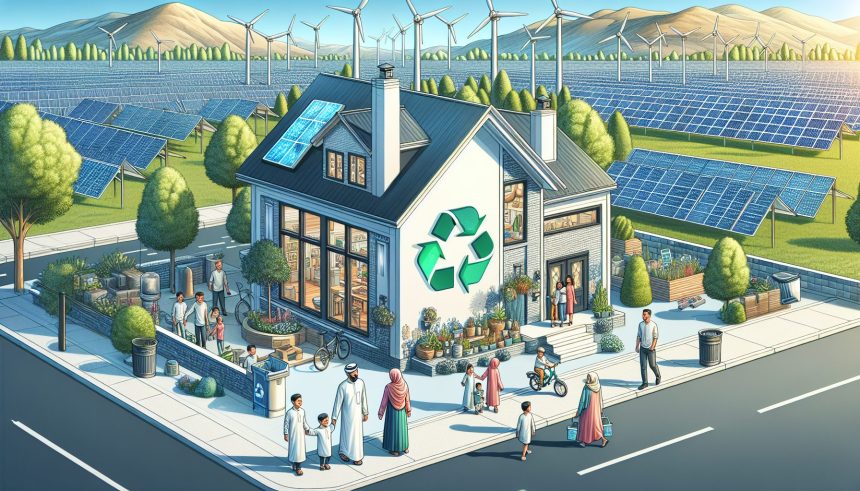At the Family Office Symposium, Dr. Ioannis Ioannou highlighted the important contribution of family businesses in addressing climate change. Dr. Ioannou stressed the crucial role these firms play due to their longevity and deep community roots, acting as the bridge between profit and purpose, and emphasizing the collective responsibility of all sectors in combating climate change.
In a study by EY and the University of St. Gallen, the world’s top 500 family businesses, representing the third largest economy, are seen to be active in tracking their sustainability achievements, aligning their protocols with sustainable practices. Despite challenges, these businesses are thriving and making substantial contributions to achieving global sustainability goals.
Dr. Ioannou concluded with a call to action for all business leaders to play an active role in battling climate change. He highlighted the need for clear vision, courage, and commitment to long-term sustainable practices to bring around positive change.
Family businesses are increasingly leveraging their substantial economic influence to tackle sustainability issues. They lead the green revolution by investing in clean technologies, renewable energy sources, and sustainable agricultural practices, acknowledging the long-term profitability of environmentally conscious businesses.
Professor Michael E. Mann emphasized the urgency of immediate action to combat average global temperature increase, rapid melting of polar ice caps, rising sea levels, and the alarming rate of species extinction. He called for collective focus on reducing greenhouse gas emissions, protection of endangered species, and the need to invest in sustainable technology and renewable energy to fight against climate change.
Corporations vary in their response to sustainability, from maintaining the status quo to fully restructurizing their operations to incorporate environmental and socially-minded values. The intention to adopt sustainable practices is typically a sign of a long-term vision and potential stability. Such systematic analysis requires examination of patterns, progress tracking, and comprehensive intelligence gathering on their operations.
The commitment of Family Offices to sustainable investing is evident, aiming to attain financial returns while making positive environmental and social impacts. The integration of ethical policies and adherence to frameworks promoting sustainability goes beyond their investments, reflecting a wider societal shift recognizing the necessity of balancing economic growth with social responsibility and environmental stewardship.
In conclusion, family businesses play a major proactive role in addressing environmental concerns and transitioning towards a more sustainable global economy. Their business models emphasize not only profit, but also the welfare of their employees, environment, and local communities. This highlights their pivotal role in the economy while setting an example for others to follow.







